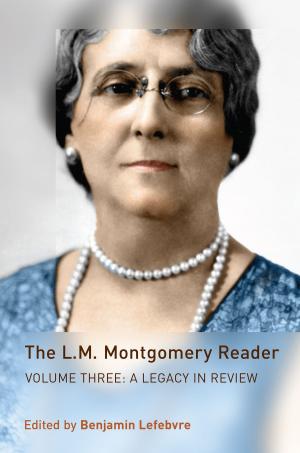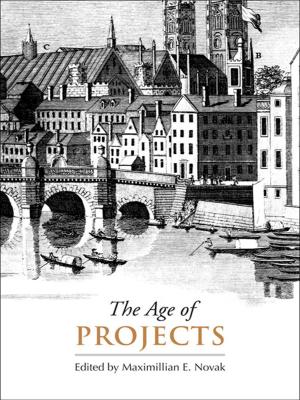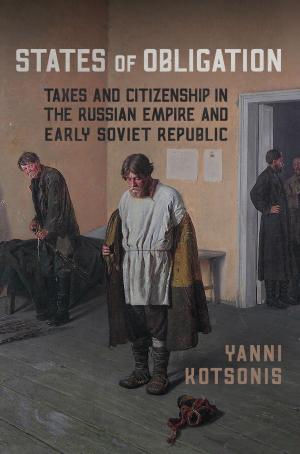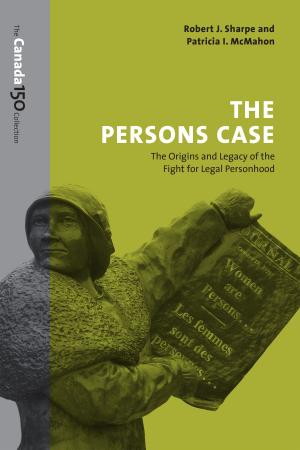Sir Oliver Mowat
Nonfiction, History, Canada, Social & Cultural Studies, Political Science, International, Biography & Memoir, Historical| Author: | A. Margaret Evans | ISBN: | 9781487596781 |
| Publisher: | University of Toronto Press, Scholarly Publishing Division | Publication: | December 15, 1992 |
| Imprint: | Language: | English |
| Author: | A. Margaret Evans |
| ISBN: | 9781487596781 |
| Publisher: | University of Toronto Press, Scholarly Publishing Division |
| Publication: | December 15, 1992 |
| Imprint: | |
| Language: | English |
Few political leaders in Ontario's history have had as lasting an impact on the province, and perhaps on the nation, as Oliver Mowat, premier from 1872 to 1896. Under his leadership Ontario flourished economically, socially, and politically.
Among the many political skills that Mowat brought to office, one of the most useful was pragmatism. He was able to establish a rock-solid style that appealed to a wide spectrum of the electorate: rural and urban, Catholic and Protestant. He was also adept at redrawing constituency boundaries and extending the franchise at opportune times.
Margaret Evans's biography of Mowat is in some ways the story of a golden age in the province's history. During this period Ontario modernized agriculture and industry, opened the north, developed natural resources, addressed social problems, and accepted trade unions. Above all, it established itself as the dominant province in Confederation.
This last was accomplished through a stubborn struggle with Ottawa. John A. Macdonald fought hard against Mowat's provincial-rights moves, and referred to the premier as 'the little tyrant.' But Mowat prevailed. The Canada that emerged was a less centralized state than Macdonald had ever wanted; the provinces had substantially more power. A century later, that legacy of diffused power has been at the centre of much of Canada's constitutional debate.
Few political leaders in Ontario's history have had as lasting an impact on the province, and perhaps on the nation, as Oliver Mowat, premier from 1872 to 1896. Under his leadership Ontario flourished economically, socially, and politically.
Among the many political skills that Mowat brought to office, one of the most useful was pragmatism. He was able to establish a rock-solid style that appealed to a wide spectrum of the electorate: rural and urban, Catholic and Protestant. He was also adept at redrawing constituency boundaries and extending the franchise at opportune times.
Margaret Evans's biography of Mowat is in some ways the story of a golden age in the province's history. During this period Ontario modernized agriculture and industry, opened the north, developed natural resources, addressed social problems, and accepted trade unions. Above all, it established itself as the dominant province in Confederation.
This last was accomplished through a stubborn struggle with Ottawa. John A. Macdonald fought hard against Mowat's provincial-rights moves, and referred to the premier as 'the little tyrant.' But Mowat prevailed. The Canada that emerged was a less centralized state than Macdonald had ever wanted; the provinces had substantially more power. A century later, that legacy of diffused power has been at the centre of much of Canada's constitutional debate.















